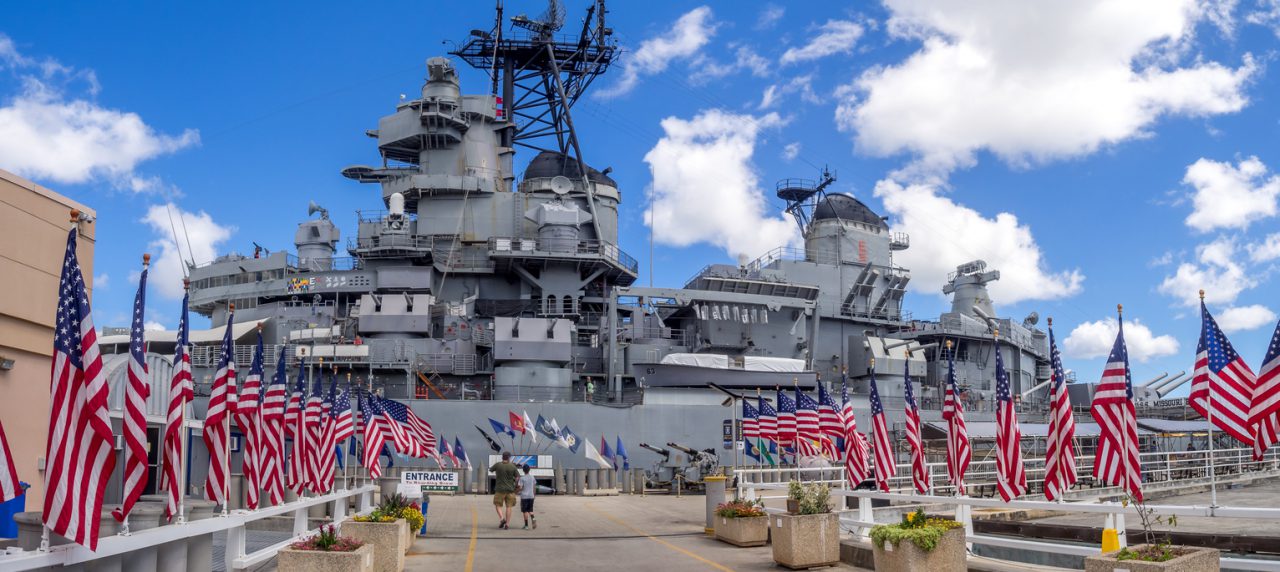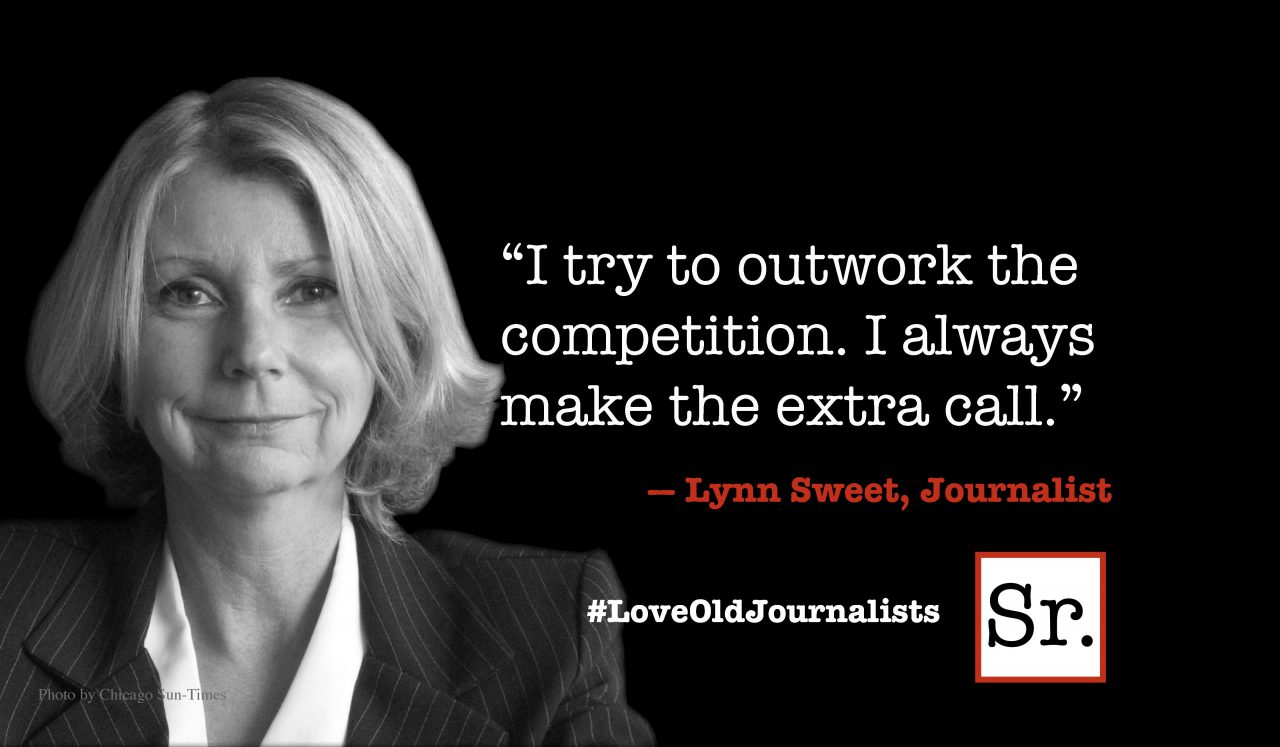Best damned coffee and donuts I ever tasted, served right there on the bombed-out airport tarmac. Unbelievable. Ecstatic with joy, we laughed and talked and slapped each other on the back. We all dreamed about it, we all expected it, but the reality was even better than the dream — bigger than life, and real.
On May 8th, 1945, Germany surrendered to end World War II in Europe. That morning, at the end of the bumpy flight from Landshut, Germany, in an old C-47, we landed in La Havre, France. After six months as a "kriegie" (short for Kriegsgefangener — Prisoner of War), I looked forward to much more than coffee and donuts, delicious as they were.
My group of 30, now ex-POWs, climbed onto the beds of a couple of big GI trucks for transportation to a reception center known as “Lucky Strike,” just outside La Havre. Several other camps in the area served the same purpose and bore names like "Chesterfield" and "Camel." I guess the powers-that-be decided the idea of naming their ex-POW reception centers after cigarette brands made us feel more at home.
While our truck rumbled over the cobbled streets of La Havre we saw first-hand the terrible cost of war. With the truck bed about 4 feet above the street, and, because we had to stand, our eyes about 5 feet above that, we looked over the top of every building in the city. Why? Because every building in La Havre was nothing but a pile of rubble — mounds of rubble for mile after mile. A sad and humbling scene.
A couple of days after we arrived at Lucky Strike, I lined up with hundreds of other ex-POWs to get deloused, showered and outfitted with a new uniform. The Army hadn't changed much during my absence. It was still "hurry and wait."
While standing in one line, I felt someone tap me on the shoulder. I turned around and there stood a tall good looking guy with wavy hair who looked sort of familiar. He looked rather thin and drawn, but didn't we all?
"Aren't you Bill Livingstone?" he asked.
"Uh, yeah."
"I'm Gary Wiens," he grinned.
Then I remembered — We went to different high schools, but we knew each other from Audubon Junior High School in Los Angeles, six years before.
"My gosh, Gary. What the heck are you doing here?"
"Same as you. Getting a new uniform."
"You mean you were a kriegy too?"
"I’m afraid so."
What a fantastic feeling, after nearly a year, to see someone from home. From that moment until we completed our homeward journey across the Atlantic Ocean on the liberty ship, Charles Brantley Aycock, and then across the United States on a troop train, we shared memories of our kriegy days in Germany.
And, as predicted by Inspector Louis Renard in the movie "Casablanca," that was "the beginning of a beautiful friendship", now, in 2002, over 57 years old. Indeed, a lucky strike.
Our five-day stay at Camp Lucky Strike in Le Havre was a relaxing experience made especially memorable by meeting Gary Wiens after our mutual, but separate, POW adventures.
A camp public address system played popular music all day long. Having been behind barbed wire for half a year, Gary and I were way behind on the "Top Ten" or even the "Top Twenty." In what we now call the "golden oldie" days, you missed a lot in six months. "Old Buttermilk Sky,” and "Sentimental Journey" wafted through the loud speakers for us at Lucky Strike all day. Finally, the day came for us to take our own sentimental journey home.
On May 13, 1945, we stepped from a stone wharf in Le Havre onto a narrow gang plank that led to a ship which lay on its side on the bottom of the harbor. After crossing the gang plank, we walked across the rounded side of the ship, onto another gang plank, and onto the deck of the Charles Brantley Aycock, a World War II "liberty ship," waiting to take us home.
"Can you believe this?" Gary asked.
"It's amazing, alright," I said, "but as long as it leads toward home, who cares?"
Not long after we boarded the Aycock we hit the sack, and the next morning we found ourselves anchored in Southampton Harbor for the day, waiting for our convoy to assemble. There we saw one of the strangest sights we'd ever seen. The sight of the jet aircraft used in small numbers by the Luftwaffe just before the war ended had amazed us, but the sight of a helicopter hovering over Southampton flabbergasted us. It zipped out of view in a couple of minutes but left us wondering what in the world that thing was.
Food aboard the Aycock was like a modern-day cruise to Alaska, but without the scenery and evening cocktails. We boarded the ship skinny and got off tubby, three weeks later. They served us nothing but steak; it seemed that's all they had in the ship's freezer. We ate it braised, broiled, stewed and boiled, but never — thank goodness — with sauerkraut, a staple of the POW diet. And Welch's grape jelly. I thought the Army must have taken over the Welch factory. The mess crew served it with every meal. To this day, I can't look grape jelly in the eye.
The war with Germany was over, but some of the German U-boat captains either didn't believe it or didn't give a damn. Consequently, we steamed westward across the Atlantic in a convoy escorted by US Navy destroyers and Canadian Navy Corsairs (what fantastic ships those were). Convoys, of course, traveled only as fast as the top speed of its slowest ship, and at that speed, it took three weeks to make it to New York Harbor, compared to the six days it took to cross the Atlantic on the Queen Elizabeth eight months before.
We were warned in case of a submarine attack, a very loud Klaxon horn would sound and we would have to scramble up on deck and assemble to board life boats. One stormy night, as our ship pitched and rolled, I awoke to a thunderous bang and the ship trembled to its very keel. Drenched in sweat and trembling with fear, I waited for the Klaxon to blast.
In the darkened hold of the ship, where our bunks were located, I heard someone scream, "My God, when is that damned horn going to blast?" But it never did. I finally realized we simply hit a huge wave that bounced our little ship like a cork.
For the most part, however, our voyage was sunny and reasonably warm. We spent a lot of time lolling around on deck talking about our kriegie adventure and about our plans for when we finally got home. One fine morning while Gary and I leaned against the rail amidships shooting the breeze, we noticed several porpoises heading straight for our ship. They went under water out of sight just before they reached the Aycock.
"Gary," I said, "those porpoises looked like they ran right into the side of the ship."
"Oh, don't worry," he replied, "they're used to hardships." I need no further description of Gary's character.
The last day before we were to reach New York the powers-that-be decided there was nothing more to fear from unruly U-boat captains, and radioed the Aycock's skipper to plow ahead on his own at any speed he wanted. Consequently, the relatively new liberty ship, with its cargo of about 300 ex-Kriegies, slowly pulled ahead of the convoy. After several hours other ships were out of sight and we looked forward to an early arrival in New York.
But suddenly, the Aycock did a 180-degree turn. We were heading back to Europe! We wondered what the heck was going on. Then the word came down: A navy patrol plane was reported missing, and everyone on the Aycock had to stand at the rails and look for the missing plane. Needless to say this distressed us all, but we followed orders. But we saw nothing, and after about two hours, we did another 180-degree turn and we were again heading toward New York. Apparently, the lost was found.
We entered the great Port of New York about noon the next day, June 3rd, 1945. This time I didn't sleep while we passed the Statue of Liberty. I think I had less a feeling of patriotism and love of country than one of awe at the huge copper plated statue towering 300 feet above our little liberty ship.
As we continued into the harbor, several fireboats sprayed great streams of seawater into the air to celebrate our arrival from overseas. They did this for all returning troop ships, a special salute; in a most spectacular way, their crews displayed for our effort.
When we finally docked at one of the many warehouse wharfs along Manhattan Island's west side, we found no welcoming crowd, but a small Army band played — the Army's tribute to all returning overseas veterans. Among other military and popular tunes, they played — you guessed it, "Sentimental Journey." It was a great feeling to be back in the United States after eight months and ten days, six months of which I spent German POW camps. Gary had spent almost four months as a kriegy.
And yes, the local Red Cross was there with coffee and donuts.
In the warehouse, we boarded a train that took us directly to Camp Kilmer, N.J., for initial processing. Two days later we boarded a troop train and headed toward Camp Beale, Calif., north of Sacramento, for final processing, a 56-day furlough, and eventually discharged from the Army.
For me, that happy day came on Saturday, October 27th, 1945, and for Gary a few weeks earlier.









